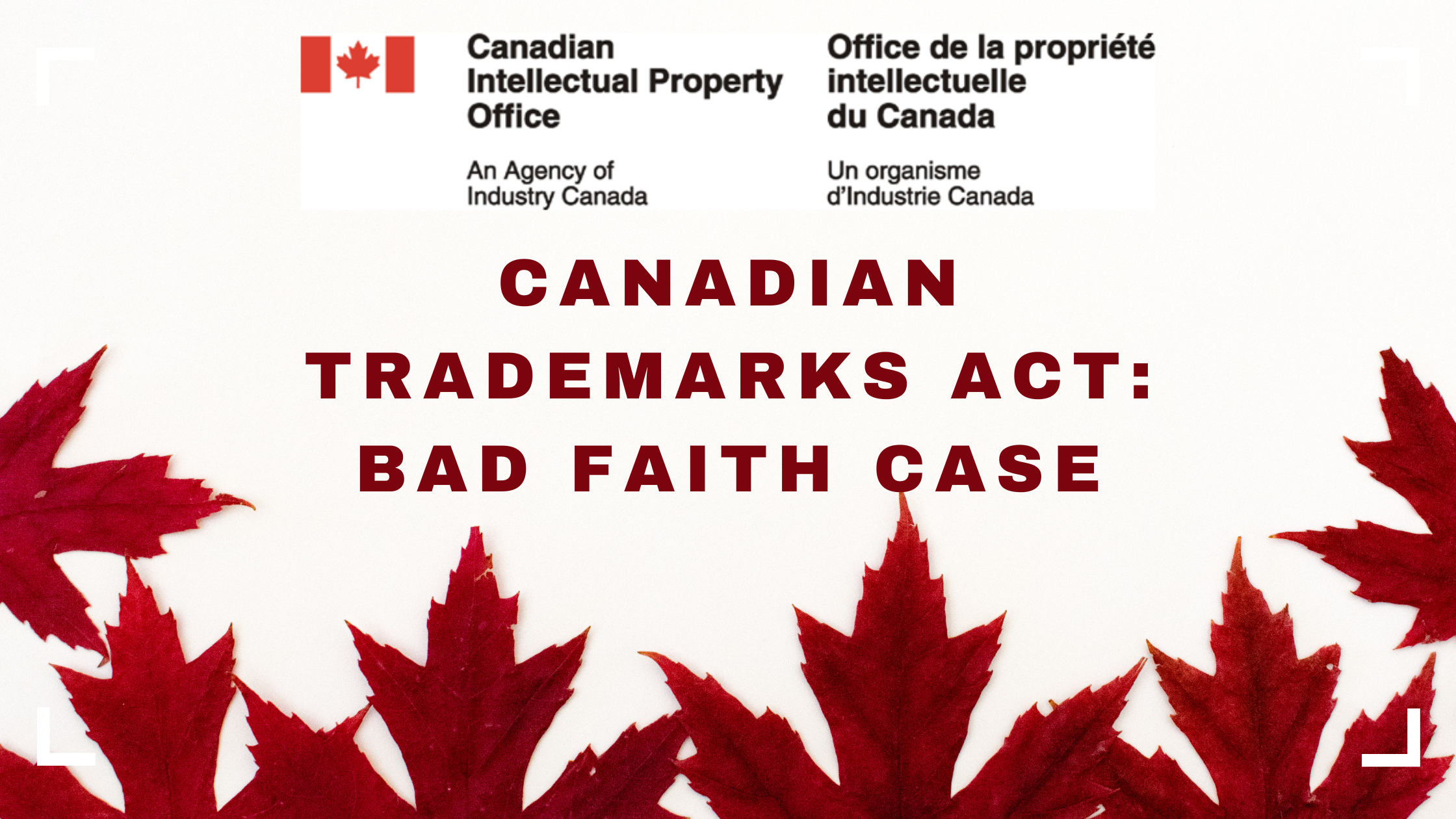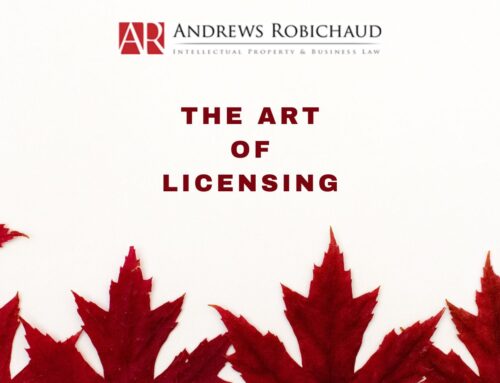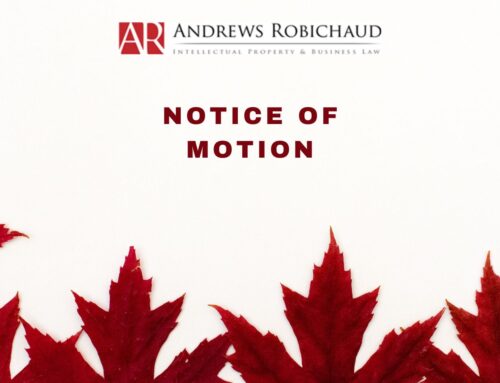By Tracy Corneau & Alyssa Lamont
In the recent decision of Beijing Judian Restaurant Co. Ltd. v. Meng, 2022 FC 743, the FCTD found the registrant had acted in bad faith, contrary to Subsection 18(1)(e) of the Canadian Trademarks Act. This provision was added to the new TMA in 2019.
Background
Beijing Judian is a popular restaurant chain and is well-known in China. The business applied to register its trademark in Canada on November 24, 2017 and subsequently opened its first restaurant in Vancouver in May, 2018. The application was opposed by an individual, Wei Meng, based on non-distinctiveness with his previously filed trademark on June 27, 2017 which was subsequently registered on April 25, 2019. Mr. Ming sent a letter to Beijing Judian demanding $1.5 million to acquire his trademark. Beijing Judian refused the request for payment and sent its own cease and desist letter to Mr. Meng demanding he cease all use of their trademark. Beijing Judian also became aware of an advertisement on a third-party website offering to sell the trademark registration for $100,000 and suggesting the trademark was part of a franchise.
The Court considered whether the registration should be declared invalid and expunged from the Register based on bad faith or otherwise under Section 18 of the TMA; whether Mr. Meng’s actions constituted passing off; and whether the applicant is entitled to an injunction and damages.
Pursuant to the new Subsection 18(1)(e) of the TMA, a registration for a trademark is invalid if the application for the registration was filed in bad faith. Justice Furlanetto considered “bad faith” in Trademarks in the context of a variety of sources to determine the purpose of Subsection 18(1)(e). The sources suggested bad faith includes:
- registering a trademark to extract value from preventing others from using it
- registering a trademark for the sole objective of preventing others from entering the market or interfering with their business
- registering a trademark without any intention of using it in a legitimate commercial way
- registering a series of well known trademarks to coat-tail on their established reputation
- registration as a means to gain rights “in an improper manner or for an improper purpose”
Beijing Judian argued that when Mr. Meng filed his application to register the JU DIAN Character & Design Mark, he was aware of the Beijing Judian restaurants and the reputation associated with their trademarks in China. They also argued Mr. Meng never had a legitimate commercial intention to use the JU DIAN Character & Design Mark and he sought registration of the Mark to extort money from its sale.
The Court accepted Beijing Judian’s argument that the intricacy of the Design Mark was such that it made it highly improbable that Mr. Meng had created it independently of Beijing Judian restaurants. The Court found there was sufficient evidence to demonstrate Mr. Meng registered the JU DIAN Character & Design Mark without a legitimate commercial purpose, to extract payment from the legitimate owner of the Mark and/or to interfere with its business. Such circumstances were considered to constitute bad
faith. Accordingly, the registration for the JU DIAN Character & Design Mark was found to be invalid and ordered to be expunged. Mr. Meng filed no evidence and did not participate in the proceedings.
To establish that there has been passing off either at common law or under Subsection 7(b) of the TMA, the relevant case law states the Applicant must establish three elements: (1) it possesses goodwill in its trademarks; (2) the Respondent deceived the public by misrepresentation; and (3) the Applicant suffered actual or potential damage through the Respondent’s actions.
The Court noted that while the registration of the JU DIAN Character & Design Mark was made in bad faith, there was insufficient evidence to conclude that Mr. Meng created confusion or the likelihood of confusion in the marketplace as to the source of the services as there has been no commercial activity or use of the JU DIAN Character & Design Mark by Mr. Meng. As a result, no injunction was granted nor compensatory damages awarded. The Court held that expungement of the registration was a sufficient remedy and the Applicant was entitled to costs.
Implications
The case highlights the importance of registering your trademark in anticipation of business expansion and policing the marketplace to avoid significant delays and costs associated with potential infringers. It also highlights a new mechanism for brand owners which can be used to address trademark squatters.
The circumstances of this case were quite fact-specific: Mr. Meng did not file evidence and his attempts to sell the Mark were highly conspicuous. The outcome of future cases involving bad faith under Subsection 18(1)(e) may very well turn on the extent and nature of any defence provided.






Leave A Comment